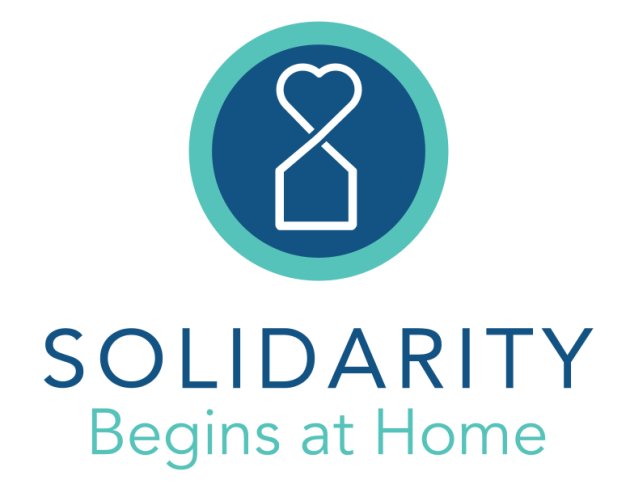
by Chanel Dubofsky
NYC Offers Domestic Workers–Documented and Undocumented Alike–An Overview of Rights and Resources
This month, New York City’s Department of Consumer Affairs released a unique document entitled “NYC Cares for Care Workers: An Overview of Rights and Resources.” The document, directed at domestic care workers (home attendants, nannies, housecleaners, etc) in NYC, outlines not only what workers are entitled to, such as minimum wage and paid sick leave, but also connects workers with resources for financial counseling, health insurance, and English classes.
The Paid Care Brochure is the result of the eight year partnership (from 2002-2010) between Domestic Workers United (DWU) and Jews for Racial and Economic Justice (JFREJ), during which the two groups organized domestic workers and their employers, along with members of JFREJ, to pass the Domestic Workers Bill of Rights in both New York City and in the state. In addition to outlining a worker’s right to time off and overtime, the bill has specific protections for workers who experience sexual and/or racial harassment on the job. It was signed in July 2010, and was the first legislation of its kind in the country (Hawaii later passed a Domestic Workers Bill of Rights in 2013). JFREJ and DWU advised the New York Department of Labor in creating the Division of Paid Care, the author of the Paid Care Brochure. “The vast majority of people who employ domestic workers want to do the right thing, so they’re asking what they can do to show that they care about their employees’ safety,” said Rachel McCullough, JFREJ’s Director of Organizing. “This is the document that outlines the protocol for respecting the work that makes all the other work possible—building a caring economy that works for everyone.”
Importantly, this brochure clarifies that domestic workers are entitled to the rights outlined regardless of immigration status. This is especially relevant now, when the Trump administration has made its loathing of immigrants clear, and has taken action to expel undocumented folks. “Undocumented workers are often afraid to leave their homes, ” said McCullough.

One of the #SanctuaryHomes signs
The #SanctuaryHomes
campaign aims to help employers show solidarity with their workers by asking them to publicly demonstrate their support in signing a pledge to make their home a #SanctuaryHome. It is a project of Hand in Hand, a national network of domestic workers and employers. When displayed prominently, signs such as these show that those who live there will defend the humanity and dignity of workers. The campaign also asks that employers educate and organize others, and has created a discussion guide to help employers and workers communicate openly about how they can support and be supported.
Using a similar model, JFREJ has begun the Eldercare Dialogues, bringing seniors, their families, and their care providers to talk openly about economic security, and making changes in the healthcare industry. Given that this Paid Care Brochure is in some ways the culmination of the work through the partnership of Domestic Workers and JFREJ, hopefully in the future there will be similar successes born out of the Eldercare Dialogues.
The views and opinions expressed in this article are the author’s own and do not necessarily reflect those of Lilith Magazine.